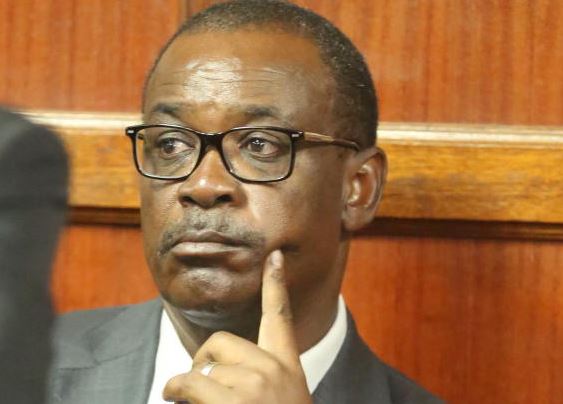×
The Standard e-Paper
Home To Bold Columnists

Dr Evans Kidero set aside a Sh423 million war-chest to reclaim the Nairobi governor seat and ended spending Sh418 million on campaigns and being left with Sh4 million pocket change and losing the race.